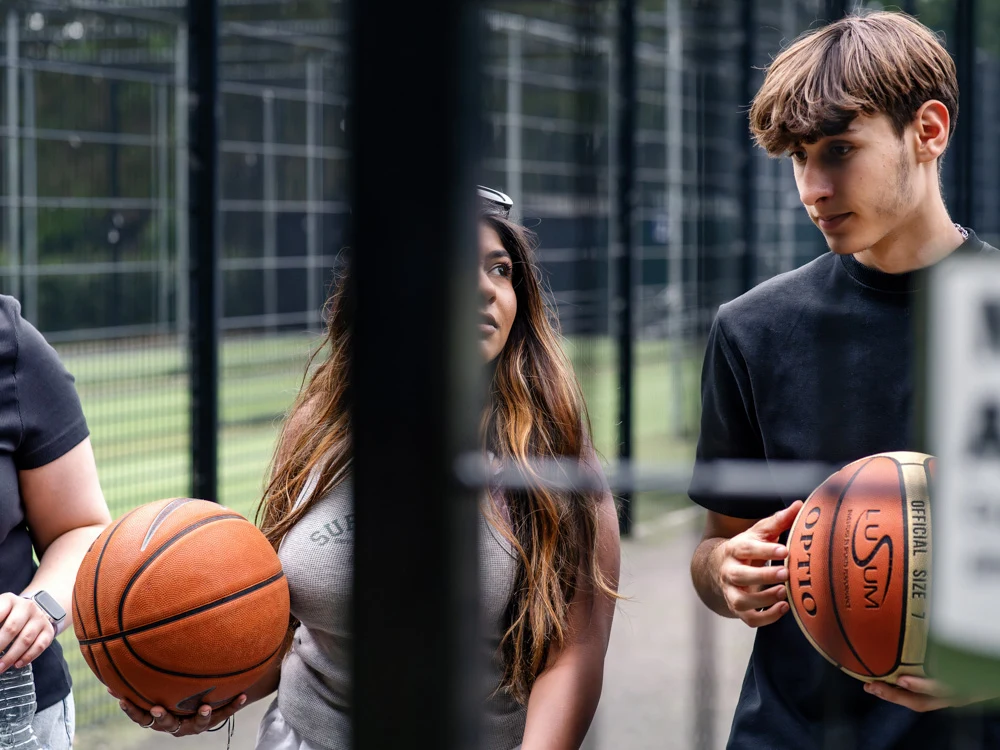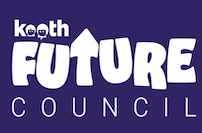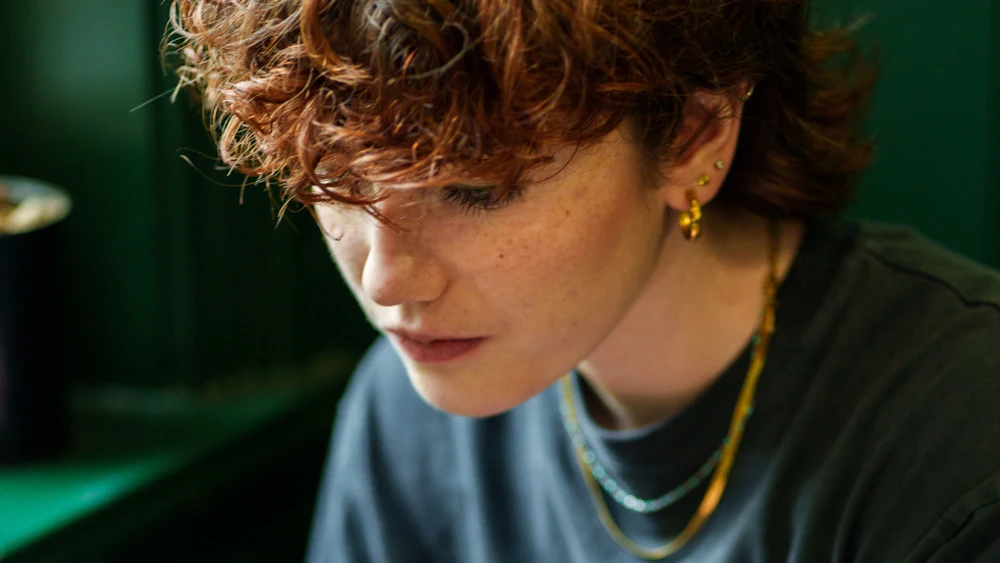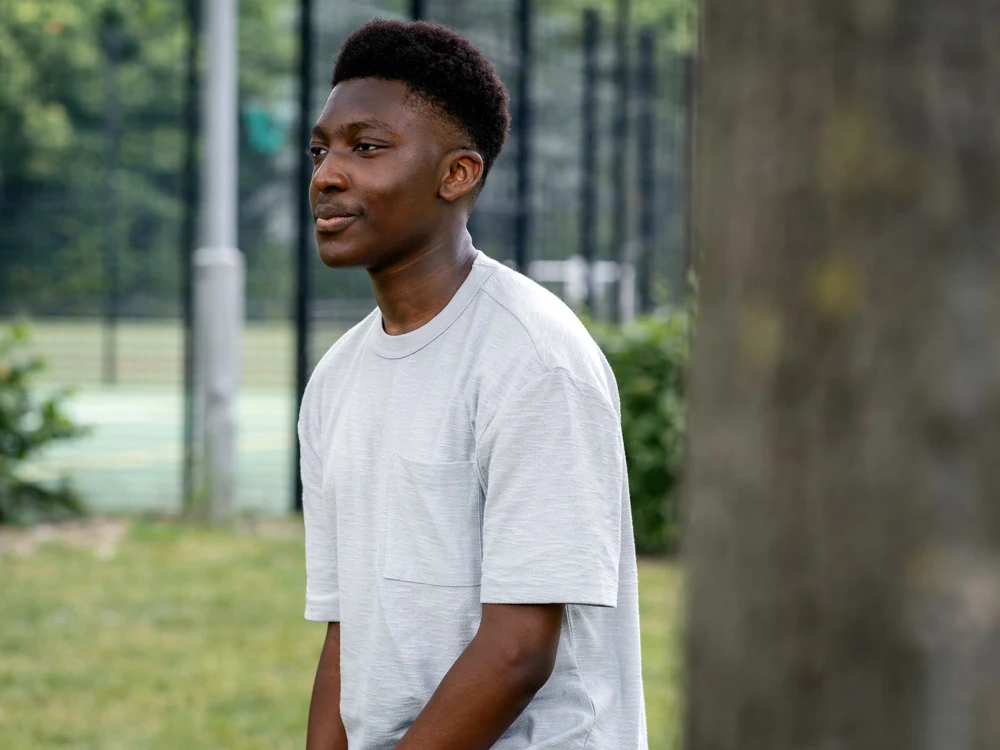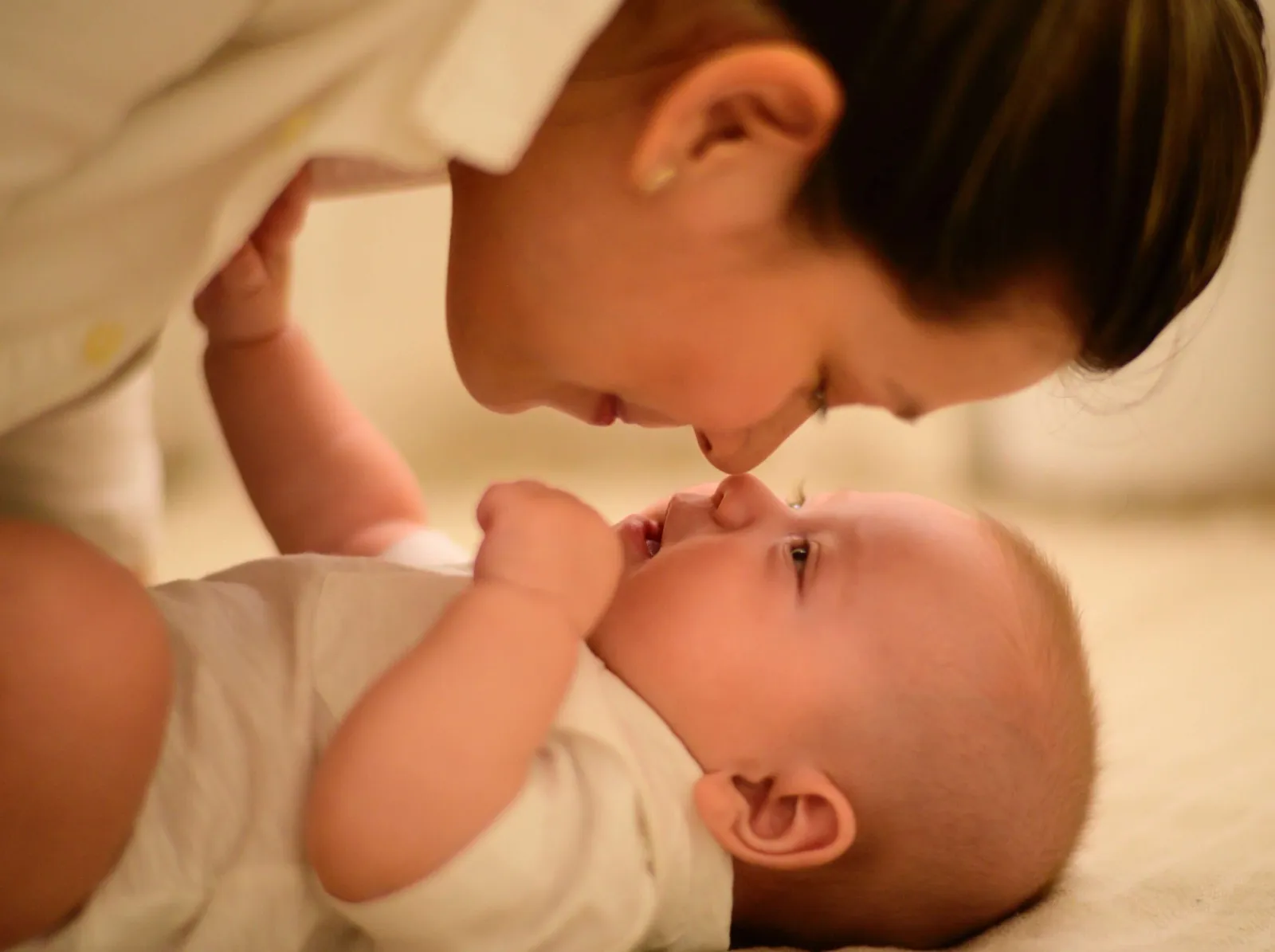This article was written by a Qwell writer and contains the following themes: pregnancy, parenting, childhood
Becoming a parent for the first time is an experience filled with so many different emotions. While there are often feelings of hope and excitement, it’s not unusual to also experience other feelings such as overwhelm and even fear. When your own childhood was difficult, it can heighten some of those already complicated feelings. To explore how becoming a parent can be impacted by a difficult childhood, we spoke to mother of two, George*, about the following:
- •
her own childhood difficulties
- •
the fears she had about parenthood when she was pregnant
- •
how some surprise support from a friend was really helpful
- •
how she learned to manage her fears about parenthood
- •
what else she learned in therapy and from books she read
*George is a pseudonym
George’s story about how her own childhood impacted her experience of becoming a mum
When I was preparing for the birth of my first child, I remember feeling so excited. I spent hours searching for baby names, buying all the essentials, and planning a picture-perfect nursery. But things weren’t so picture perfect in reality, and no number of teddies, cute babygrows, and new bits of nursery furniture could mask how I really felt. The truth was that I had this huge fear, and I was too afraid to tell anyone. I was petrified that I wouldn’t know how to be a good enough parent.
My own childhood had been quite complicated. It was filled with dysfunction, disappointment, and despair at times, for all sorts of reasons. As an adult, I spent a lot of time trying to make sense of my experiences, and, in therapy, I worked on healing from my tricky childhood. I thought I’d done all the work I needed to do, so I was really surprised by all these feelings that rose to the surface when I was pregnant.
- •
I was worried that I wouldn’t know how to be a good mum.
- •
I was fearful that I wouldn’t make good choices.
- •
I was scared that other people would affect how my child felt, and that I wouldn’t be able to do anything about it.
I’d say in my third trimester, these feelings really intensified. The birth was just around the corner, and so I guess everything felt more real. Because I was trying to prepare myself for being a mum in every way, these feelings felt so intrusive, and I felt angry that they were muscling in on my perfect little family-to-be. My fears intruded so often, and at random times: in the shower, waiting for a midwife appointment, chatting to friends. I couldn’t get away from them. I also felt really alone and thought nobody else would feel like me. I kept these feelings a secret from everybody.
How some surprise support from a friend was really helpful
I finally broke down in front of one of my friends who simply asked, “How are you feeling?” I don’t think she quite expected my response, but I was so consumed by my worries that just about anything could have made me cry. My friend and I had similar childhoods, so I felt like she understood, and that my fears were in safe hands. I told her how I was feeling, and she listened in silence, nodding and comforting me every now and then. It was all I needed in that moment - just to be heard, and to feel that my worries weren’t “silly”. To this day, she will never know what a relief it was for me to finally say how I felt, and how helpful it was just to be listened to.
I’ve often thought about those early midwife appointments, and about all the questions they ask. It would have been so helpful for me to be asked, “What was your own childhood like, and do you have any worries about becoming a parent?”
How I learned manage my fears about parenthood
I now have two children, and I’d love to say I don’t have those worries anymore, but that wouldn’t be the truth. I do still have similar worries, but I see things a bit differently now. Those fears I have are because I really care, and I want to do my best. I have also learned to control the volume on those fears a bit more. Here’s how:
When my fears feel really loud in my mind, I imagine I can turn them down like a volume dial. And then I turn up the volume on some more helpful thoughts.
- •
When I worry about not being the best mum, I remind myself that I’m doing my best.
- •
When I fear that my children won’t tell me how they feel, I remind myself that I make lots of opportunities for them to express themselves.
- •
When I don’t trust myself to always make the right decisions, I remind myself that when things go a bit wrong, there are always chances to learn, to change things, or to make things right.
- •
When I worry about how others might affect how my children think or feel, I remind myself that I’ve given them the tools they need to make decisions that are right for them.
- •
Most importantly, when I worry about not being a good enough mum, I remind myself that I am enough.
What I’ve learned in therapy, and from the books I’ve read
Being in my own therapy has taught me so many things, but when it comes to parenting and creating happy, securely attached children, I’ve learned that you really don’t have to be perfect. I started my parenting journey reading ALL the books and found myself particularly interested in attachment. In child development, attachments refer to the bond between a baby and their caregiver (usually, but not always, the mother). And it’s this attachment that plays the most important role of all in how we then relate to ourselves and others around us. Having securely attached children can help them feel safe and secure, while also helping them to regulate their own emotions. My own attachments probably weren’t that secure, which made me worry even more that history would repeat itself. Then I came across a book called The Power of Showing Up by Dr. Dan Siegel, a professor and psychiatrist, and Tina Bryson, a psychotherapist focused on child development and parenting. This quote really spoke to me and helped me to realise that history did not have to repeat itself in my little family:
“History is not destiny when it comes to attachment. The single best predictor for how well a parent is able to provide secure attachment to their children is not whether they had it with their own parents. It’s whether they have reflected on their attachment experiences growing up with their own caregivers and made sense of those experiences.”
I am certainly making sense of my own experiences all the time. It’s partly what drives me to do my best, and to be the best parent I can be, even when those little worries creep into my mind.

